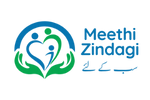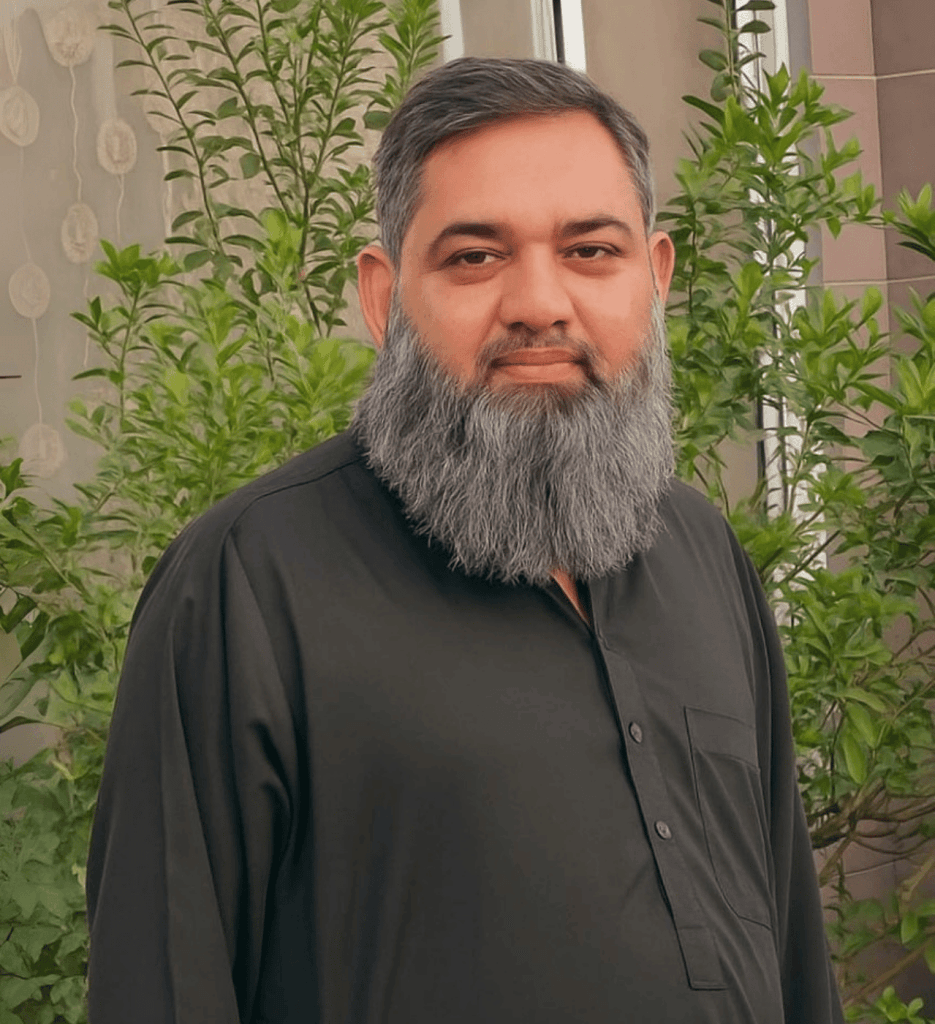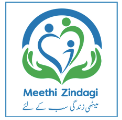Asalamoalikum,
I am Chaudhry Usman Zaheer, and this is my journey with type 1 diabetes.
I was just 9 years old in 1992 when it began. During our summer holidays in Murree, I couldn’t stop drinking water, nor could I stop running to the washroom. The trip became unbearable. Back home, my parents took me for tests. My mother, worried about my weakness, gave me a big glass of mango shake before the lab. The results were shocking—my glucose was over 550. My parents had never even heard of diabetes until that moment.
A family friend referred us to Dr. Mahmood Ali Malik, and soon I was rushed to Services Hospital. I cried so much in the ward that my father brought me home. Later, under Dr. Moazzam Baig’s guidance, I was admitted to Omer Hospital, where insulin therapy began. For 15 days, I stayed there as my mother learned to inject insulin and manage my care.
Those were different times—no glucose meters, only urine strips. No rapid-acting or long-acting insulins, no insulin pens, no sensors, no pumps. No awareness, no sugar-free products, no community like Meethi Zindagi. My parents leaned on whatever they could: desi remedies, spiritual healing, even molvis for damm. My father walked with me daily in Lawrence Gardens, believing it helped my glucose levels. During the honeymoon phase, they thought their remedies had worked—but soon reality returned.
I missed six months of school, spending my time with “Ainak Wala Jin” cassettes. When I finally returned, my principal welcomed me warmly, though classmates bullied me. Slowly, teachers’ support helped me settle in.
There were hard lessons too. In grade 8, after fasting six straight days, I landed in DKA and was hospitalized for two weeks. The next year, on Bakra Eid, it happened again—I went unconscious. Exams always spiked my glucose levels. As a teenager, I often ignored my diet, sneaking fruits and sweets at night when no one could stop me. Back then, with no fast-acting insulin and no carb counting, every bite was a gamble.
Life moved forward. I went for Hajj and managed diabetes well there. At 22, I got married. Over the years, stress from business and family life took its toll. I developed high blood pressure. By then, with three children, I noticed my vision blurring—tests confirmed retinopathy. After laser treatments and eye injections, my kidneys began to fail. Doctors said I would soon need a transplant.
In 2019, at PKLI, the verdict was clear: without a transplant, I would need dialysis. Finding a donor was a long, crushing journey. My creatinine shot to 11, and a fistula was made. It was the peak of COVID, hospitals were paralyzed, and hope was scarce.
But Allah made a way. After a year of struggle, in November 2020, my first cousin donated me a kidney. Alhamdulillah, the transplant was successful. I can never repay that gift.
Around this time, a new endocrinologist transformed my treatment—switching me to short- and long-acting insulin, introducing me to insulin pens, and modern management practices. This new chapter led me to Meethi Zindagi.
And that changed everything.
Meethi Zindagi nurtured me to my core; anything I felt regarding type 1 diabetes, any dilemma .. they had a support system for that..! I have been a part of their community events, online awareness sessions and various other support initiatives. It’s always a blend of emotional, physical and mental care & well-being. From learning stuff through vastly available authentic resources like SETUP and the TIDBits website, to mastering day to day diabetes management techniques, it all happened after connecting with Meethi Zindagi.
Through this journey I’ve learned: diabetes can’t be taken lightly. Not every day is a cheat day. With responsibility and proper management, you can live well and avoid complications.
Thank you Meethi Zindagi .




